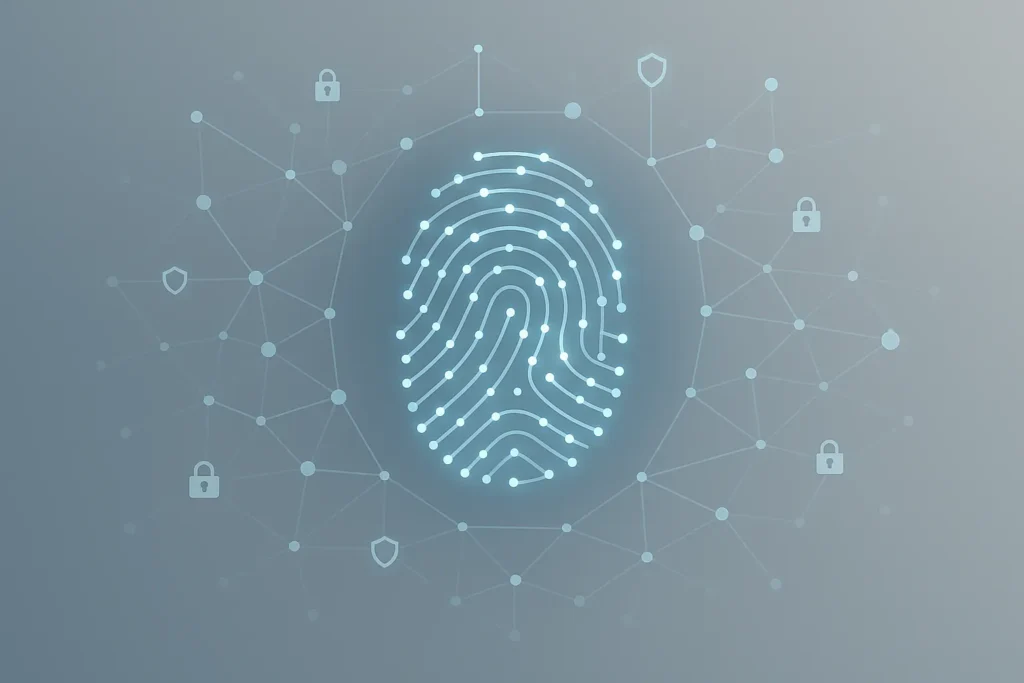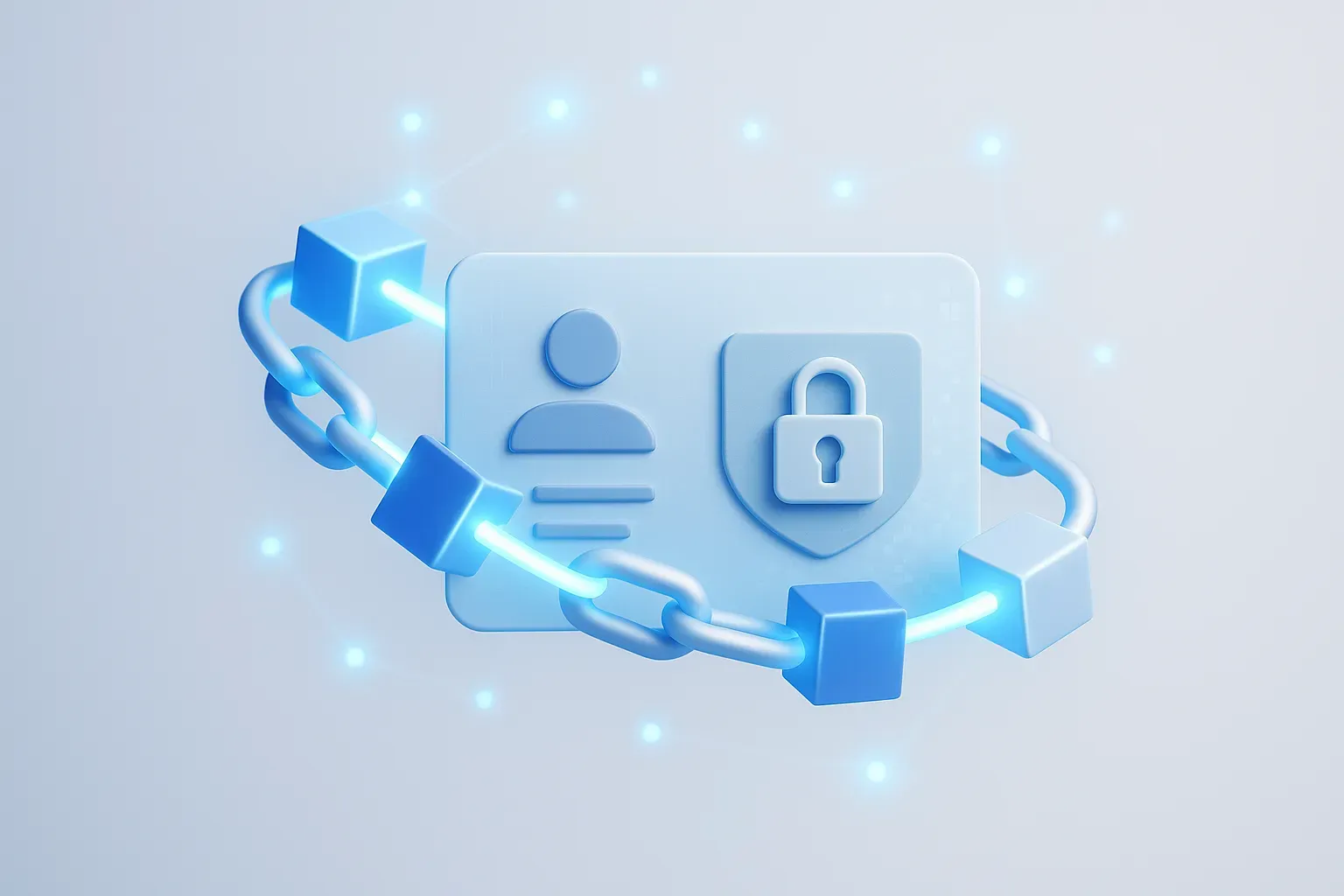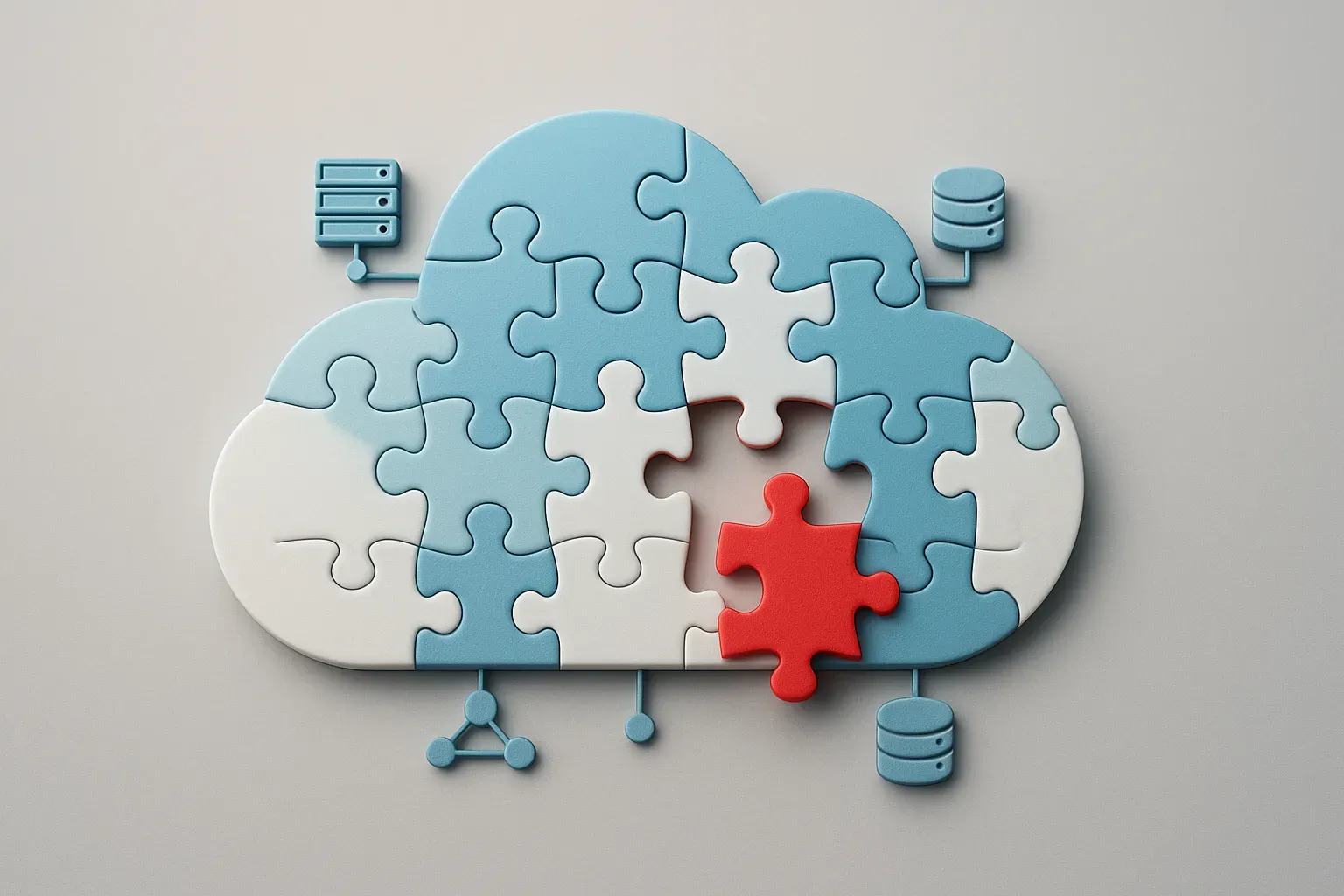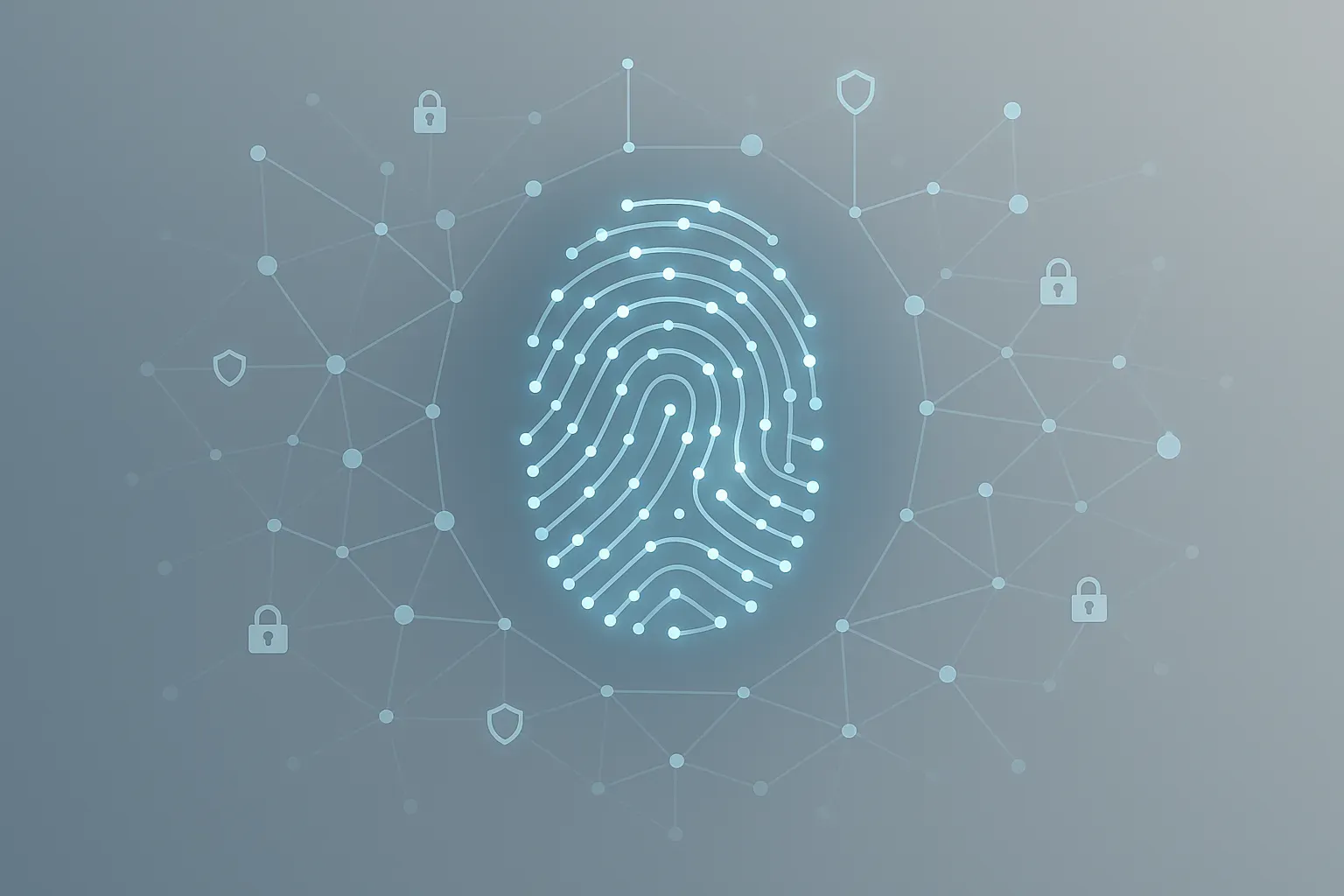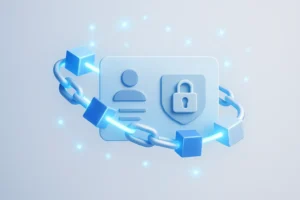Decentralized identity systems are transforming how personal data is secured and controlled, as leading experts highlight their potential to reduce data breach risks and empower underserved populations. The shift toward user-controlled digital wallets allows for selective credential sharing and minimizes unnecessary data exposure across platforms. Industry specialists emphasize that while these systems offer enhanced security and portable identity solutions, broader standards support and user-friendly onboarding remain critical challenges for widespread adoption.
- Users Take Control of Their Digital Wallets
- Balancing User Ownership With Key Recovery
- Enhanced Security for Healthcare Identity Management
- Empowering Underserved Populations Through Digital Identity
- Shrinking Attack Surface With On-Device Credentials
- Selective Credential Sharing Prevents Major Breaches
- True Ownership Requires Broader Standards Support
- User-Friendly Onboarding Needed for Adoption
- Portable Identity Reduces Repeated Data Sharing
- User Control Reduces Data Breach Risk
- Seamless Verification Without Repeated Data Handover
- Decentralized Systems Protect Personal Data Better
- Interoperability Challenge for Cross-Platform Trust
Users Take Control of Their Digital Wallets
Decentralized identity systems are seriously reshaping how we think about digital identity, and not just in tech circles. From my perspective, their biggest upside is empowering individual control over personal data.
Traditionally, we’ve handed over our identities to countless platforms like banks, social media, government agencies, each storing our data in silos prone to breaches or misuse. Decentralized identity flips this model by putting you in the driver’s seat. Instead of relying on a central authority, your identity lives in a secure, cryptographically protected digital wallet that you control. You decide what info to share, with whom, and for how long.
Imagine applying for a job online and being able to instantly prove your credentials or verify your work history without exposing every piece of personal data. This not only boosts privacy but can dramatically reduce fraud and identity theft because the system relies on tamper-proof blockchain records.
But the challenge lies in adoption and interoperability. For decentralized IDs to work at scale, diverse organizations and governments need to agree on standards and trust frameworks. Without widespread buy-in, users risk juggling multiple incompatible wallets or credentials, defeating the purpose of simplicity. Plus, there’s a learning curve for everyday users to grasp concepts like managing private keys securely.
From where I stand, decentralized identity is a paradigm shift toward privacy, trust, and user empowerment. It’s exciting but also a reminder that technology alone won’t fix identity chaos. People, policies, and partnerships have to come together for this vision to truly take off. When they do, the future of digital identity looks a lot less vulnerable and a lot more in your hands.

Balancing User Ownership With Key Recovery
Honestly, decentralized identity is one of those ideas that looks amazing on paper but gets messy in practice. The biggest benefit, in my opinion, is user ownership – you’re not stuck with Google, Facebook, or some random KYC vendor holding all your personal info. Your identity lives in your wallet, you control what data you share, and it’s portable across platforms. That’s powerful for privacy and reducing data breaches.
The flip side? Adoption and usability. Most people don’t want to mess with private keys just to log in somewhere. Lose your keys and poof – your “identity” is gone. That’s a nightmare compared to clicking “reset password.” Until there’s a balance between decentralization and recovery mechanisms, it’s going to be a tough sell outside crypto-native circles.

Enhanced Security for Healthcare Identity Management
In my view, decentralized identity systems, particularly those based on blockchain technology, hold immense promise for digital identity management, especially in sectors like healthcare IT. These systems allow individuals to control their identity without relying on centralized authorities, ensuring greater privacy, security, and autonomy over personal data.
One of the most compelling benefits is the enhanced security and privacy they offer. Traditional centralized systems are vulnerable to breaches, but blockchain’s decentralized nature makes it significantly harder for hackers to access and manipulate data. In healthcare, this can translate into more secure patient records, where individuals control who accesses their data, ensuring trust and compliance with regulations like HIPAA.
However, there are challenges, particularly around scalability and integration. Blockchain can struggle with handling the high volume of identity verifications required in large-scale systems, such as those used in healthcare. Integrating decentralized identities into existing infrastructures, like Electronic Health Records (EHR), adds another layer of complexity.
Looking at real-world examples, Estonia’s blockchain-based digital ID system is a success story, allowing citizens to manage their identities securely across various sectors. The healthcare IT industry can draw valuable insights from such programs to adopt similar systems that prioritize security and efficiency.
As decentralized identity systems evolve, they promise a more secure and user-controlled approach to digital identity management. However, for widespread adoption in healthcare, overcoming scalability issues and ensuring seamless integration with current systems will be key.

Empowering Underserved Populations Through Digital Identity
Decentralized identity (DID) systems, particularly blockchain-based solutions, are reshaping digital identity management by shifting control from centralized authorities to individuals. Unlike traditional systems where banks, governments, or tech giants store sensitive data, DID allows people to securely own their credentials in encrypted digital wallets and share only what’s necessary. For example, instead of handing over full credit histories when applying for a loan, applicants could share a verifiable credential proving eligibility—minimizing data exposure while maintaining trust.
One of the most powerful benefits of DID is inclusivity. Nearly 850 million people worldwide lack legal identity, preventing access to basic services like banking, education, or healthcare. Blockchain-based identities could empower underserved populations to build secure, portable, and verifiable records without relying on bureaucracies. A farmer in a rural community, for instance, could prove land ownership or access microloans using a digital identity recognized beyond local borders.
However, the biggest challenge is interoperability and adoption. For DID systems to succeed, they must be widely recognized across industries and governments. Without common standards, we risk fragmentation—multiple competing platforms that confuse users and undermine universal trust. Another hurdle is balancing blockchain transparency with privacy. Without careful safeguards like zero-knowledge proofs and selective disclosure, sensitive data could remain permanently visible.
The future likely lies in hybrid models where decentralized identity coexists with existing regulatory frameworks. Governments could issue verifiable blockchain credentials while maintaining oversight, and industries like finance or healthcare could adopt DIDs to reduce fraud and streamline compliance.
In essence, decentralized identity holds the potential to revolutionize digital trust—making identity more secure, portable, and inclusive. Its success won’t hinge solely on technology but on collaboration, governance, and global adoption. Done right, DID could become the backbone of digital citizenship in the 21st century.

Shrinking Attack Surface With On-Device Credentials
The notional security improvements with DID systems began to seem very real in deployments such as CSIR’s implementation of SSI and platforms like Trinsic. In practical uses like these, identity data has migrated off centralized servers, where attackers could get at it, and onto users’ own devices, encrypted at the source with AES (e.g. using Hive DBs) and protected by biometrics. Now data brokers and SSO providers and even the issuers of the identity themselves can’t get at, copy, and turn to account your users’ identities. This shrinks the theoretical attack surface considerably.
And shrink it we did. In the United States alone in 2024, the number of publicly reported data breaches nearly doubled (rose by 90%). And those incidents were overwhelmingly enabled by centralized databases (source: ITRC). In the pilot rollouts with enterprises, the switch to on-device user-controlled credential storage completely eliminated the fear of accidentally offering up the entire workforce or customer list of an organization for sale. And for organizations handling health data, financial data, or government-issued identifying numbers, it put them on the right side of most impending regulations, not to mention actually giving users some degree of control.
Another advanced privacy feature that people gloss over in explanations of DID is zero-knowledge proof, which we’ve implemented in pilot rollouts with enterprise customers for attribute verification. In a sufficiently rich DID system, no one should be able to know that you’re dating exactly whom, for example. You should be able to prove compliance with a company’s COVID policies without revealing your name or any other detail of the credential used to prove it. You should be able to prove that you’re over 21 without revealing either your date of birth or your name. This is not sci-fi. It’s deployed now. And in our pilot rollouts, its effect on the reduction of social engineering and synthetic ID fraud was dramatic.

Selective Credential Sharing Prevents Major Breaches
A significant advancement in granting people control over their digital identities is represented by decentralized identity systems, particularly those built on blockchain technology. The greatest advantage is control: users retain and selectively exchange validated credentials using cryptographic proofs, rather than dispersing private information across numerous platforms. Because there isn’t a single central database for attackers to target, that change might significantly lower the risk of major breaches.
However, acceptance and usability present a hurdle. Most people are uncomfortable handling recovery phrases or private keys, and they lose their digital identity if they are unable to access them. Decentralized solutions won’t be widely adopted until they are as easy to use as logging in with a password is today.

True Ownership Requires Broader Standards Support
One of the most interesting benefits of decentralized identity systems like blockchain technology is that they give users true ownership of their digital identity. We build secure software solutions, and being in this business, we are already seeing how self-sovereign identity could reduce data breaches by eliminating the need for centralized honeypots of personal data.
But the real challenge that we now face is adoption and interoperability. If we don’t have broad standards and cross-platform support, we are essentially creating identity silos all over again, just with fancier tech. The real win will be when decentralized IDs are as seamless to use as logging into your favorite app, without sharing your entire life’s data with a third party.
Until then, we are cautiously optimistic and actively prototyping where this can safely enhance user trust and reduce risk.

User-Friendly Onboarding Needed for Adoption
One compelling benefit of decentralized identity systems, especially blockchain-based ones, is that they put control back into users’ hands. Instead of relying on centralized entities to manage and store personal data (which often results in breaches or misuse), individuals own and manage their digital credentials via cryptographic keys. Think of it like having your passport and driver’s license in a secure, tamper-proof digital wallet – minus the risk of someone duplicating it at the DMV.
That said, one challenge that often gets glossed over is user onboarding. Expecting everyday users to manage private keys or understand decentralized identifiers without accidentally locking themselves out is optimistic at best. Without intuitive UX and solid recovery mechanisms, mass adoption will hit a wall, even if the tech is brilliant.

Portable Identity Reduces Repeated Data Sharing
Decentralized identity systems are a powerful idea because they shift control of digital identity from big institutions to the individual, which could dramatically reduce issues like data breaches and identity theft. One clear benefit is portability—you can prove who you are across multiple platforms without repeatedly handing over sensitive personal data, which improves both security and user experience. The challenge, though, is adoption: for these systems to really work, you need a critical mass of companies, governments, and service providers agreeing on standards and infrastructure. Until that happens, the technology risks being fragmented and more of a niche solution than a mainstream one.

User Control Reduces Data Breach Risk
Decentralized identity systems, like those built on blockchain, offer a compelling new approach to digital identity management by giving individuals more control over their personal data. One key benefit is that users can selectively disclose only the information needed for a specific interaction, rather than handing over full credentials to a centralized authority. This reduces the risk of data breaches and puts privacy back in the hands of the user.
However, a major challenge is adoption and interoperability. For decentralized identity to work at scale, it requires buy-in from institutions, regulators, and service providers who are still entrenched in traditional identity models. There are also unresolved questions around trust anchors—who verifies the initial identity—and how to handle revocation or disputes. While the technology is promising, it will need robust governance frameworks and cross-industry collaboration to gain traction in real-world ecosystems.

Seamless Verification Without Repeated Data Handover
One of the biggest potential benefits of decentralized identity systems—especially blockchain-based ones—is user sovereignty over personal data. Instead of having sensitive identity information stored (and often duplicated) across multiple centralized databases, users can store their credentials in a secure, tamper-resistant wallet they control. This reduces the risk of large-scale data breaches, gives individuals more say over when and how their data is shared, and enables more seamless verification across platforms without repeatedly handing over personal information.
That said, a key challenge is widespread adoption and interoperability. For these systems to work at scale, both public and private sector organizations must agree on common standards and trust frameworks. Without that, users may end up with multiple incompatible “decentralized IDs,” which would undermine the simplicity and portability that make the idea so appealing in the first place.

Decentralized Systems Protect Personal Data Better
The storage of personal data in centralized locations becomes obsolete through decentralized identity systems, which provide better protection. People gain control over their credentials through decentralized systems, which let them determine what information to reveal at specific times. The system protects personal information from excessive disclosure, which helps decrease the number of major data breaches that occur.
The main difficulty lies in achieving large-scale implementation of these systems. The systems need to verify identities both efficiently and at affordable rates to serve the needs of billions of users worldwide. The current blockchain networks face two major problems, which affect their speed performance and their energy consumption rates. The concept remains ahead of its practical deployment because researchers have not solved the necessary infrastructure problems.

Interoperability Challenge for Cross-Platform Trust
Decentralized identity systems, especially blockchain-based solutions, offer individuals more control over their digital identities while reducing dependence on centralized databases that are often prone to breaches. The real challenge lies in achieving interoperability—ensuring that these identities are trusted and usable across different platforms, industries, and jurisdictions.


